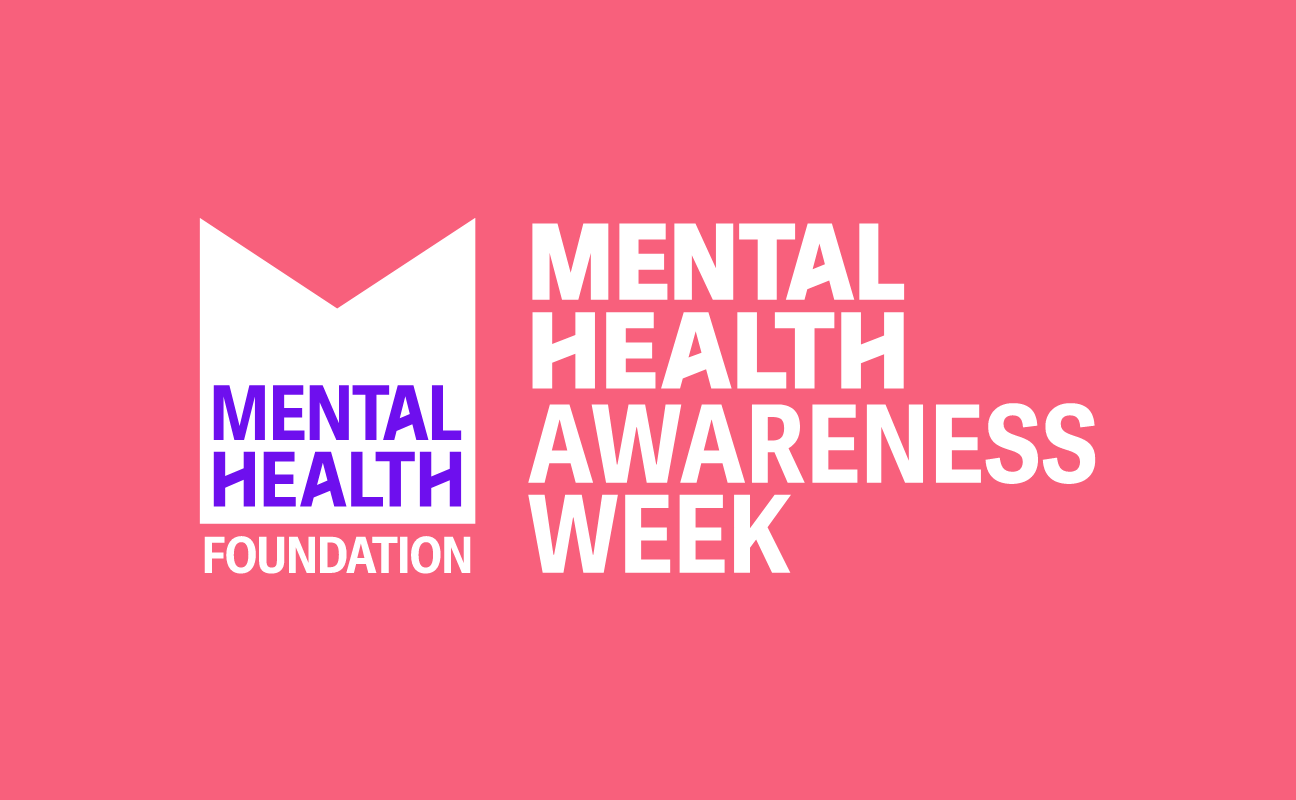Dave talks about how living with chronic arthritis and other health conditions affects his mental health – and how cold-water therapy and short walks, when he can, help him cope.
For 55-year-old Dave Roberts it’s a daily juggle between moving enough to support his mental health – and not overdoing it too much and face impacting on his physical health.
Dave, from Conwy, North Wales, lives with, among other conditions, chronic spinal osteoarthritis, a rare endocrine tumour syndrome and Addisons disease.
The former police officer is in constant pain, and some days are good, and others are bad.
“Some days the pain is so bad that you don’t want to get out bed, and want the pain to stop. There’s only one way that the pain will stop, and I have been close to doing something stupid. But I’m lucky to have a wonderful family around me,” he says.
He also finds mental health support through his cold-water therapy: an inflatable cold water tub in the garden, cold water swimming in lakes, such as Llanberis, or even a cold shower.

Walking – or sometimes when the pain is too much, just playing – at the beach with his dogs also brings him joy.
“Being in the cold water is a way of coping, you’re in your own world for a couple of minutes; there’s nothing but you and the cold water. Lying back and looking up at the sky,” he says: “It really clears my head.”
“Reaching out for help is hard to do – I was of the mindset that I couldn’t ask for help. I was so used to helping others, that I didn’t know how to ask for help. But it’s important to ask for help and know how to help yourself. Making that first step is the hardest. You could start with talking to your GP, or looking online like I did, and came across Versus Arthritis. Either you can just read articles, or phone up and speak to them, and often the information they have relates to more than just your condition.
“Some days it is a struggle to get out of bed and you just know it’s a bad day, so you have to work what to do to get through it. For me, that’s the cold tub, or a walk on the dog with the beach. But it’s a balance, some days I’ll walk too far, and pay for it that night because the pain is too much to sleep.
“But it’s a trade-off. It’s going to get worse and my mental health will suffer if I don’t move, so I have to move.”
He added: “It’s good to get the body moving. It’s an achievement. It might not be a big achievement for some people, but it is for me. Simply by being able to do it.”
The biggest barrier to exercise is the mental effort of wondering whether you can manage or not, Dave says: “If you look at this vast beach, often I wonder will I be able to walk and get back. Or will I need help? Usually, if that happens and I feel like I can’t – I’ll just try and give it a go.”
Photo: Versus Arthritis
Related content
Boost your mental health through movement
Read our tips to help you get moving more for your mental health. Available in English and Welsh.
Join our Strava running club
Join the Mental Health Foundation's Strava running club, and take part in our Around the World challenge this May!
Mental Health Awareness Week
Join us 13-19 May! This year's theme is Movement: Moving more for our mental health. Find out more and get involved.
Find out more